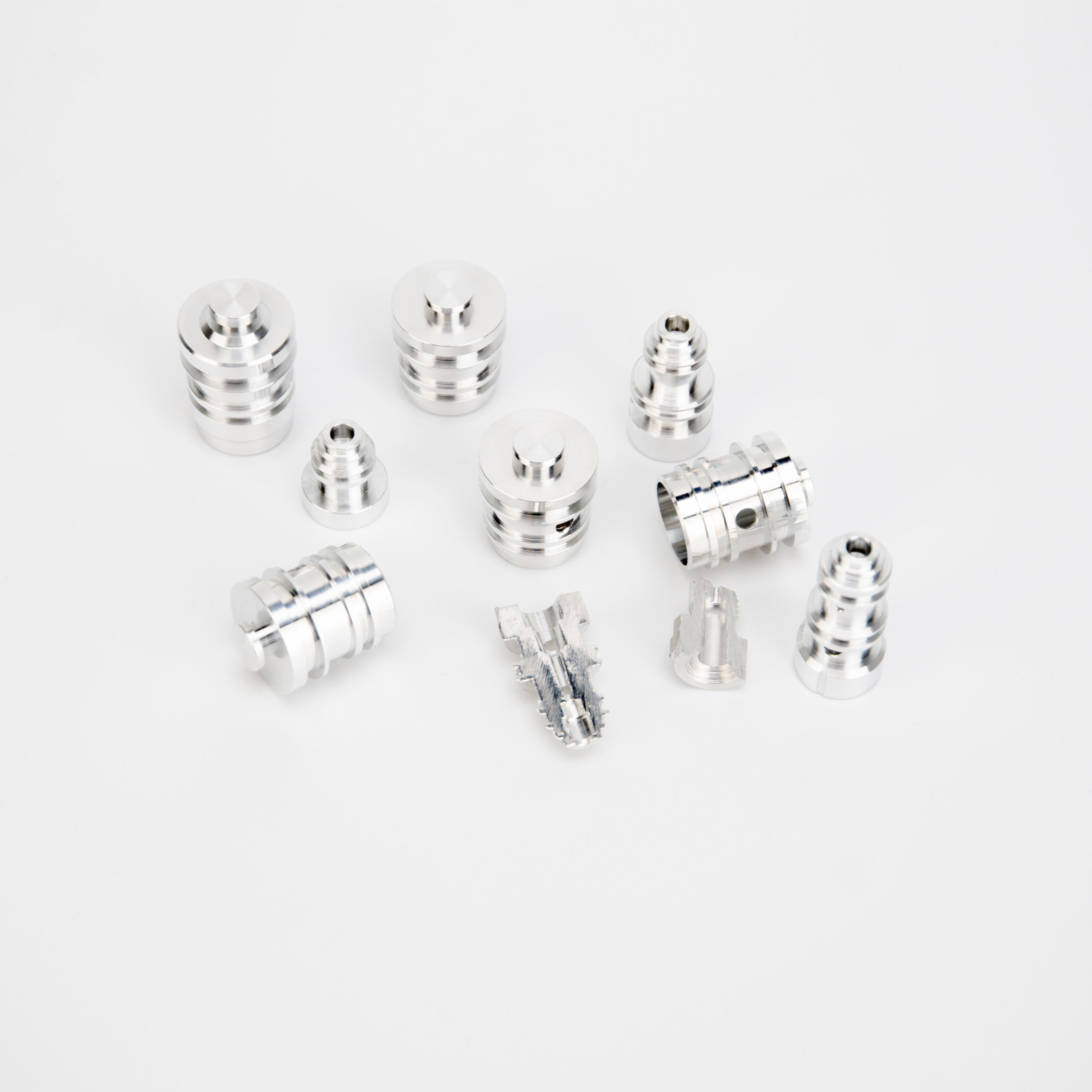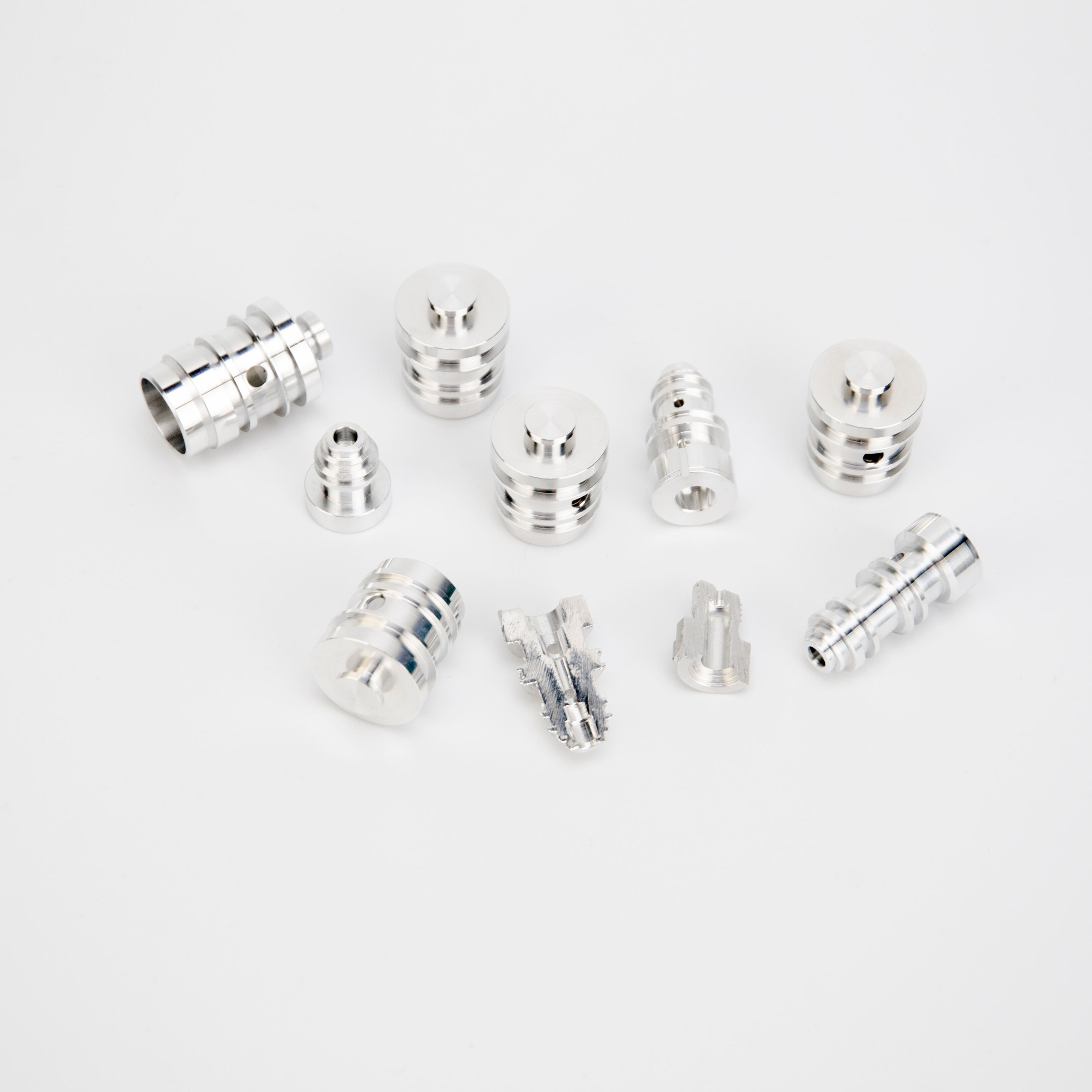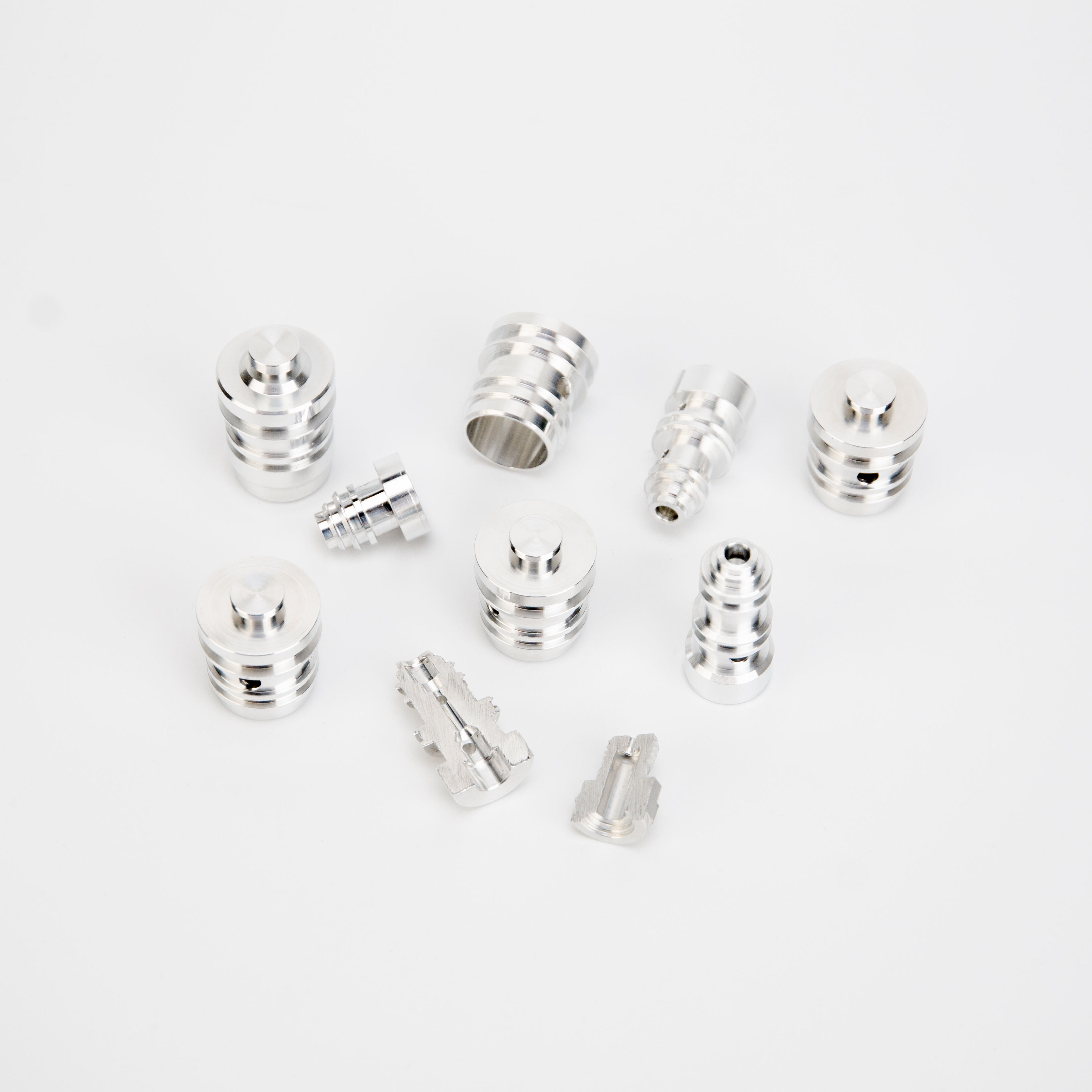maskindelar precision cnc
CNC avser de högpreciösa datornumeriska styrsystem som används vid tillverkning av maskindelar. Dessa system är utformade för att utföra komplexa operationer med enastående precision, tillförlitlighet och snabbhet. Dessa CNC-maskiners huvudfunktioner är att skära, forma, borra och slutföra olika material som metaller, plast och komposit. Teknologiska funktioner hos dessa system inkluderar högupplösta digitala avläsningar, automatiska verktygsväxlare och avancerad styrprogramvara som möjliggör komplicerad designprogrammering. Deras tillämpningar sträcker sig över olika branscher, inklusive fordons-, flyg-, medicinsk- och elektronik, där precision och kvalitet inte är förhandlingsbara. CNC:s förmåga att framställa identiska delar garanterar konsekvent höga produktionsstandarder och minskat avfall.


